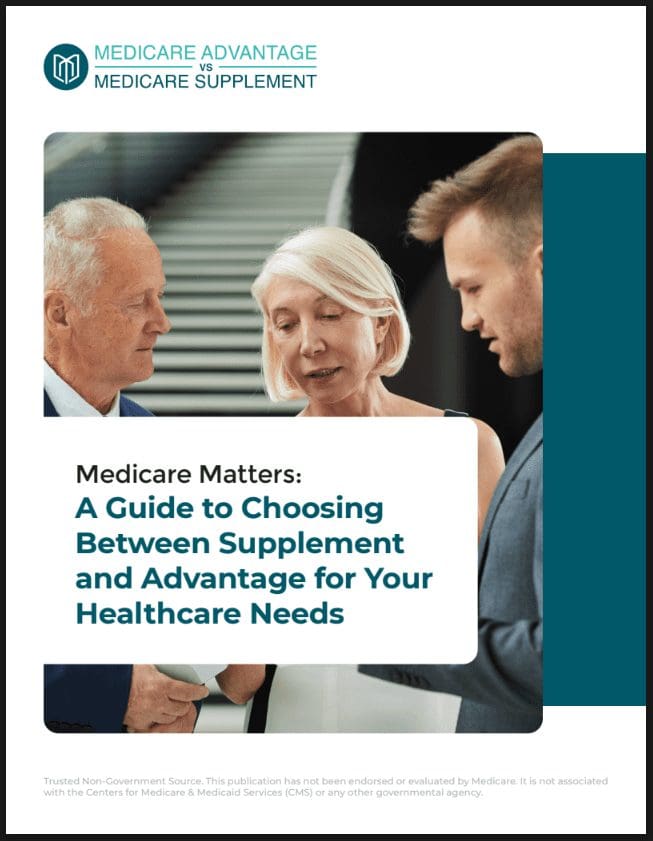Key Takeaways
-
Turning 65 does not guarantee automatic Medicare eligibility—there are key conditions, work history requirements, and documentation that can still disqualify you.
-
Some individuals may qualify for Medicare before age 65 due to disability or health conditions, while others may face delays or denials even at full retirement age.
You Meet the Age—But Do You Meet the Criteria?
Most people associate Medicare eligibility with turning 65, and while age is the most common trigger, it’s not the only requirement. You must also meet U.S. residency rules and have a qualifying work history—or be married to someone who does.
To be eligible for premium-free Medicare Part A at 65, you or your spouse must have worked and paid Medicare taxes for at least 40 quarters (10 years). If you don’t meet this threshold, you may still get Medicare, but you’ll need to pay a monthly premium.
Additionally, you must:
-
Be a U.S. citizen or a permanent legal resident who has lived in the U.S. continuously for at least five years.
-
Be enrolled (or enroll) in Medicare during a designated enrollment period to avoid delays or penalties.
Situations Where You May Be Denied at 65
You might be surprised to learn that Medicare can deny your application, even if you’re 65. Here’s where things tend to go off course:
Lack of Work Credits
If you haven’t accumulated 40 work credits—or can’t qualify through a spouse—your Part A eligibility may come with a premium or be denied entirely. This especially affects those who spent much of their lives overseas, homemakers without qualifying spouses, or individuals with interrupted work histories.
Incomplete Immigration Status
Even if you’ve lived in the U.S. for years, you may not qualify if you’re not a U.S. citizen or haven’t met the 5-year continuous legal residency requirement.
Missed Enrollment Windows
There are three major Medicare enrollment windows you must follow:
-
Initial Enrollment Period (IEP): Begins 3 months before your 65th birthday, includes the birthday month, and extends 3 months after.
-
General Enrollment Period (GEP): January 1 through March 31 each year—for those who missed IEP.
-
Special Enrollment Periods (SEP): Triggered by specific life events like losing employer coverage.
Missing your IEP without another valid reason means you must wait for the GEP, which delays your coverage start until July 1 and could trigger permanent late enrollment penalties.
Medicare Before Age 65—Yes, It’s Possible
Not everyone has to wait until 65 to get Medicare. In fact, more than 8 million Americans under age 65 are currently enrolled due to disability or specific health conditions.
Disability-Based Eligibility
If you’ve received Social Security Disability Insurance (SSDI) for 24 months, you’ll automatically be enrolled in Medicare Part A and Part B in the 25th month.
Qualifying Health Conditions
You also qualify earlier if you have:
-
End-Stage Renal Disease (ESRD): Eligibility can begin as soon as the fourth month of dialysis treatments or earlier if you do home dialysis.
-
Amyotrophic Lateral Sclerosis (ALS): Medicare starts the same month your SSDI begins—there’s no waiting period.
Understanding Medicare Part A and Part B Requirements
Being eligible doesn’t mean you’re enrolled. You have to actively sign up unless you’re already receiving Social Security or Railroad Retirement Board benefits, in which case enrollment is automatic.
What Part A Covers
-
Inpatient hospital stays
-
Skilled nursing facility care
-
Hospice care
-
Some home health care
What Part B Covers
-
Doctor visits
-
Outpatient care
-
Preventive services
-
Durable medical equipment
Costs in 2025
-
Part A: Free if you meet the work history; otherwise, premiums are $518/month (fewer than 30 quarters) or $284/month (30–39 quarters).
-
Part B: Standard monthly premium is $185, with an annual deductible of $257.
Not Enrolled in Social Security Yet? You’ll Need to Take Action
If you aren’t drawing Social Security when you turn 65, you must manually sign up for Medicare. You can do this through the Social Security Administration (SSA) website, by phone, or in person. If you wait too long, you risk coverage gaps or penalties.
Penalties for Missing Medicare Enrollment
Missing your enrollment window isn’t just an inconvenience—it’s costly. Here’s what to expect:
-
Part B Penalty: A 10% increase in your premium for every 12-month period you delayed, permanently.
-
Part A Penalty: If you must pay a premium and delay enrolling, you may pay a 10% penalty for twice the number of years you delayed.
Common Misconceptions About Eligibility
There are several myths around Medicare eligibility that can set you back. Let’s clarify the most common ones:
-
Myth: Everyone gets Medicare at 65 automatically.
Truth: Only if you’re already receiving Social Security or Railroad Retirement benefits. -
Myth: If you’re not eligible for free Part A, you can’t get Medicare.
Truth: You can still buy into Medicare and get Part B. -
Myth: Green card holders are automatically eligible.
Truth: Only if they’ve lived in the U.S. for at least 5 continuous years. -
Myth: You’re not eligible if you live abroad.
Truth: You can be eligible, but coverage does not follow you overseas.
What Happens If You’re Denied?
If your Medicare application is denied, you’ll receive a denial notice explaining why. You have the right to appeal this decision, and the timeline matters:
-
Appeal Deadline: You must file an appeal within 60 days of receiving the denial letter.
-
Process: Submit Form CMS-561 along with supporting documents to prove eligibility.
If you’re denied for Part A but qualify to purchase it, you can do so during the General Enrollment Period and add Part B as well.
Steps to Take If You’re Not Yet Eligible
If you’re under 65 or don’t meet the eligibility for premium-free Part A, consider the following options:
-
Track your quarters: Use the SSA online portal to view your work history and credits.
-
Explore spouse qualifications: If you’re divorced or widowed, you may still qualify through a former spouse.
-
Apply for SSDI if disabled: Once approved, you’ll gain Medicare access in 24 months (or sooner for ALS or ESRD).
It’s Not Just About Age—It’s About Timing, Credits, and Documentation
Medicare eligibility in 2025 is broader and more nuanced than simply celebrating your 65th birthday. Knowing when and how to enroll, understanding your work history, and preparing documents in advance will give you the best chance at avoiding delays or denials.
If you’re unsure where you stand, don’t wait. Reach out today to speak with a licensed insurance agent listed on this website who can review your situation and help you plan the right path forward.









